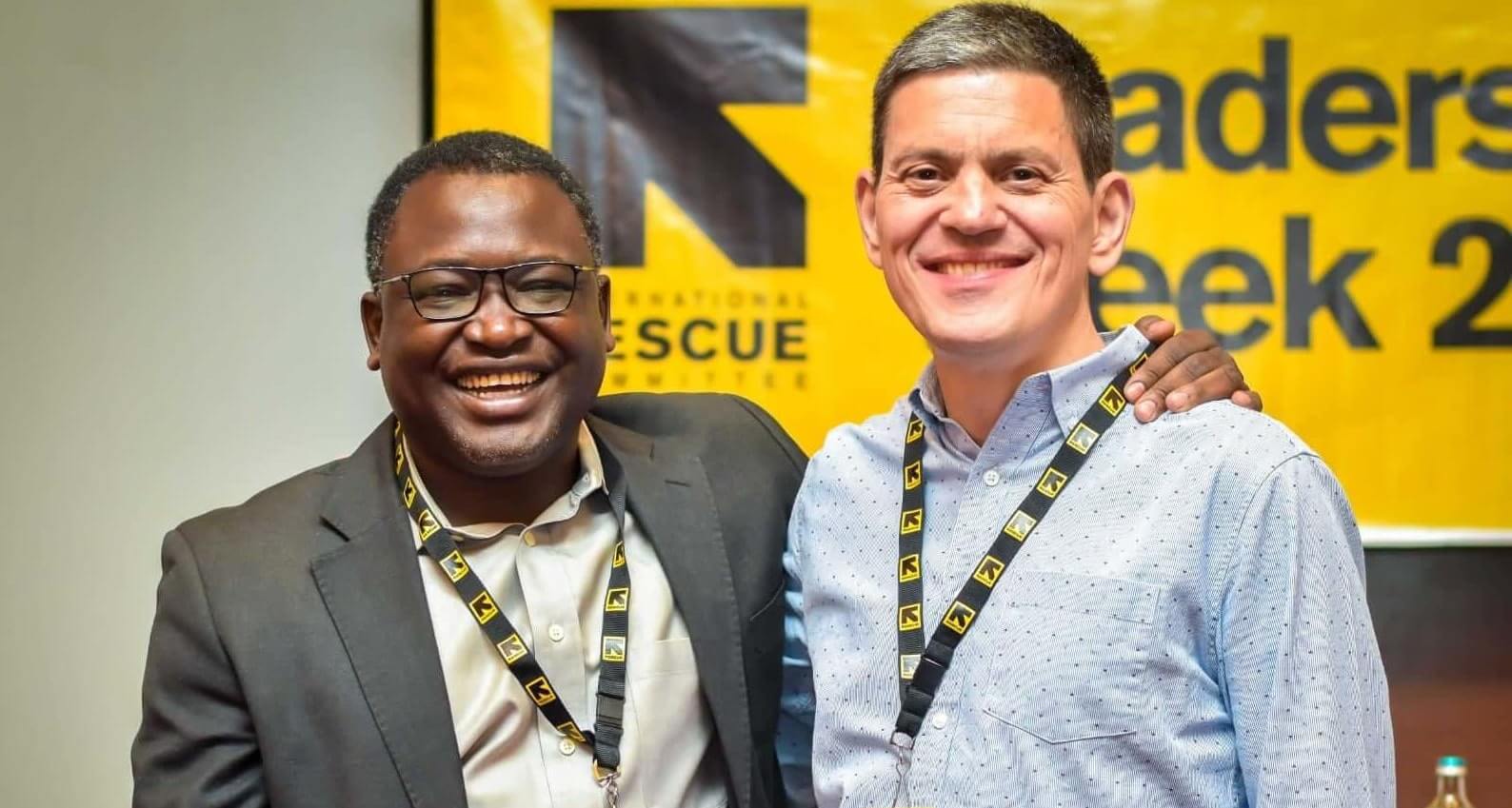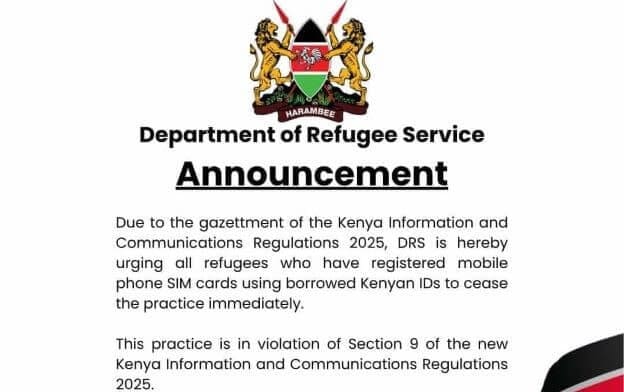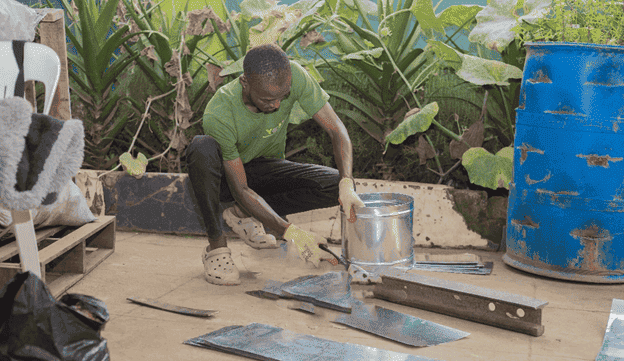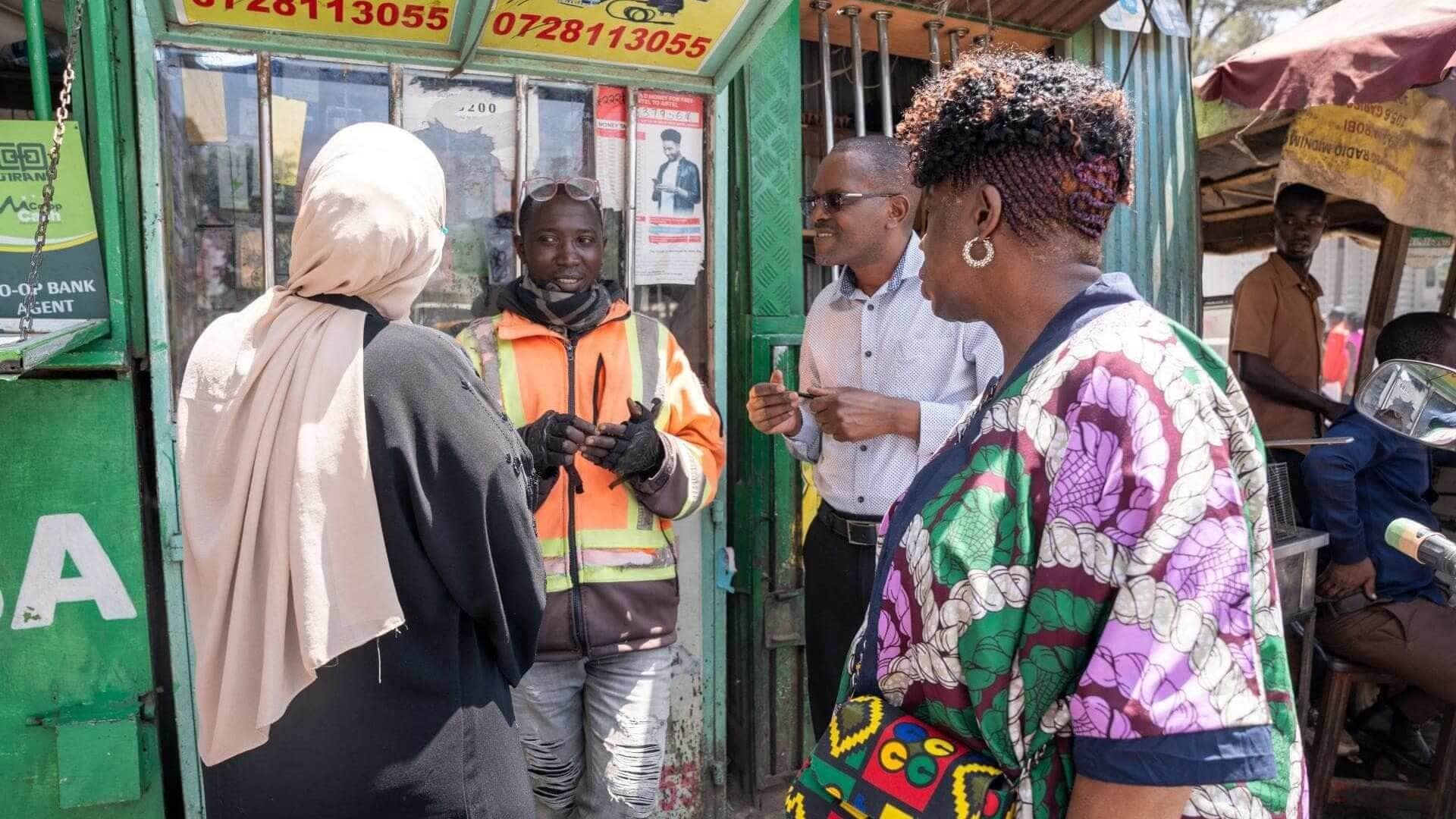SHOFCO CEO Dr. Odede’s Reflection: Why INGOs & Local Organizations Need Each Other
SHOFCO CEO Dr. Odede’s Reflection: Why INGOs & Local Organizations Need Each Other
SHOFCO CEO Dr. Odede’s Reflection: Why INGOs & Local Organizations Need Each Other

SHOFCO CEO Dr. Kennedy Odede and the IRC President and CEO David Miliband pose for a photo on the sidelines of the #IRCLeadershipWeek on May 25, 2023 in Nairobi
Shining Hope for Communities (SHOFCO) and the International Rescue Committee (IRC) have joined forces under the International Rescue Committee’s Re:BUiLD Program, a transformative initiative that empowers individuals by delivering livelihood interventions including on-the-job training, vocational and digital skills, and sustainable job placements. At the helm of this movement is Dr. Kennedy Odede, the visionary CEO of SHOFCO, who in May 2023 shared insights about the program at the IRC’s leadership week in Nairobi. Dr. Odede in a discussion with IRC President David Miliband delved into his emphatic appeal for localization of aid and the significance of local partnerships in driving change at the grassroots level.
Below are some key highlights from Miliband’s discussion with Dr. Odede.
Miliband: Why do local organizations need INGOs and vice versa?
Dr. Odede: Many people think that local organizations and INGOs don’t need each other. IRC is good at what they do. They have expertise on many matters including policy. We, as local organizations, know the community the best. We live with them. They are part of us. We can work together. This is why we need each other. I wish more organizations would start thinking that way. We are good at grassroots work. That is why we are there. It is like a marriage where each partner has something to put on the table.
Miliband: Where do you see SHOFCO in 5 years’ time?
Dr. Odede: We want to work on policies that affect the urban poor for the next five years. Right now, we are only in 30 counties. We must grow and cover the 47 counties in Kenya. We are going national.
While applauding the IRC’s efforts, Kennedy Odede urged the organization to increase its allocation of resources to grassroots organizations like SHOFCO. By channeling a minimum of 10 per cent resources to local initiatives, the IRC has already demonstrated a commitment to localization. However, Odede advocates for further investment, suggesting increased allocation would empower local organizations to expand their impact and transform more lives.
The IRC’s Re:BUiLD Program, driven by the partnership between SHOFCO and other local organizations in Nairobi and Kampala, stands as a powerful testament to the potential of local partnerships in empowering refugees and vulnerable hosts.
By advancing advocacy for systemic change, providing on-the-job training, vocational and technical skills, and job placements, and business support the program offers a lifeline to individuals who have experienced displacement and marginalization. Kennedy Odede’s call for increased support for grassroots organizations and the localization of aid resources resonates deeply, emphasizing the importance of trust and collaboration in driving meaningful change.


